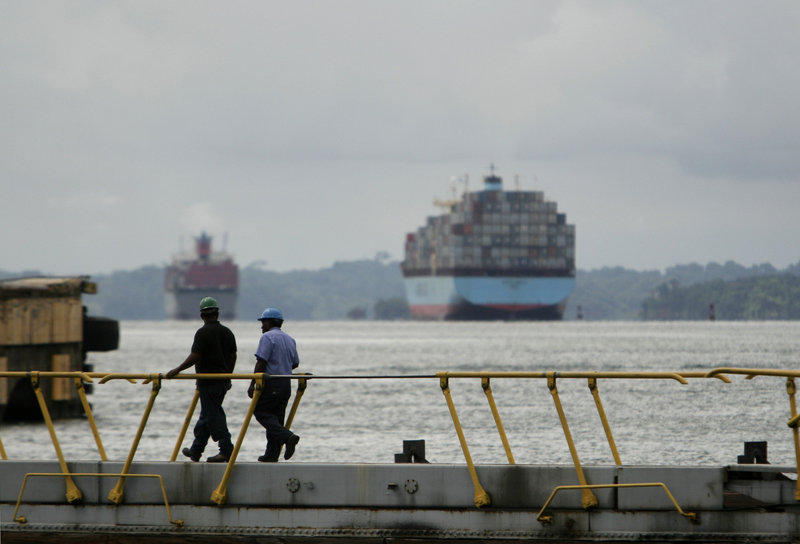WASHINGTON — Question: What does a rabies vaccine producer in Germany have in common with the Panama Canal? Or a cobalt mine in Congo? Or an undersea communications cable station in Australia?
Answer: All are potential targets of terrorist attacks that lie on foreign soil, but could create headaches for the United States if attacked.
WikiLeaks – the online site that has been posting secret State Department cables – published a list of hundreds of potential targets in more than 60 countries.
While terrorists seem to have few problems finding targets on their own, U.S. officials say the publication can only make it more difficult to protect the United States.
The Department of Homeland Security list, known as the Critical Foreign Dependencies Initiative, included oil and gas pipelines, telecom cables, rare metal and other mines, military contractors, ocean navigation chokepoints and such obscure facilities as an Australian laboratory described as the sole supplier of Crotalid Polyvalent Antivenin – an antidote to rattlesnake venom.
The list of sites, “whose loss could critically impact the public health, economic security, and/or national and homeland security of the United States,” the cable said, is maintained by the DHS, which was seeking to update the file in February 2009 by getting recommendations from State Department diplomats.
Secretary of Homeland Security Janet Napolitano condemned the disclosure of the cables Monday, adding that they contained information that could “jeopardize our national security.” DHS officials would not confirm whether department officials have taken any action in response to the leak to increase protection of the sites.
The leaked cable on overseas sites is among hundreds posted on the Internet in recent days by WikiLeaks, an international nonprofit media organization that is thought to possess more than 250,000 sensitive U.S. government documents.
The February 2009 directive instructed diplomats to focus on key energy and telecom links, sites that produced hard-to-get goods or raw materials important to U.S. industry, as well as maritime bottlenecks.
The 2008 list, which was part of the cable, included a Siemens plant in Germany described as responsible for “essentially irreplaceable production of key chemicals.”
It also includes many of the world’s key ocean passageways, including the Panama Canal, the Strait of Gibraltar and the Strait of Hormuz, and the landing points of numerous undersea telecom cables.
Send questions/comments to the editors.



Success. Please wait for the page to reload. If the page does not reload within 5 seconds, please refresh the page.
Enter your email and password to access comments.
Hi, to comment on stories you must . This profile is in addition to your subscription and website login.
Already have a commenting profile? .
Invalid username/password.
Please check your email to confirm and complete your registration.
Only subscribers are eligible to post comments. Please subscribe or login first for digital access. Here’s why.
Use the form below to reset your password. When you've submitted your account email, we will send an email with a reset code.